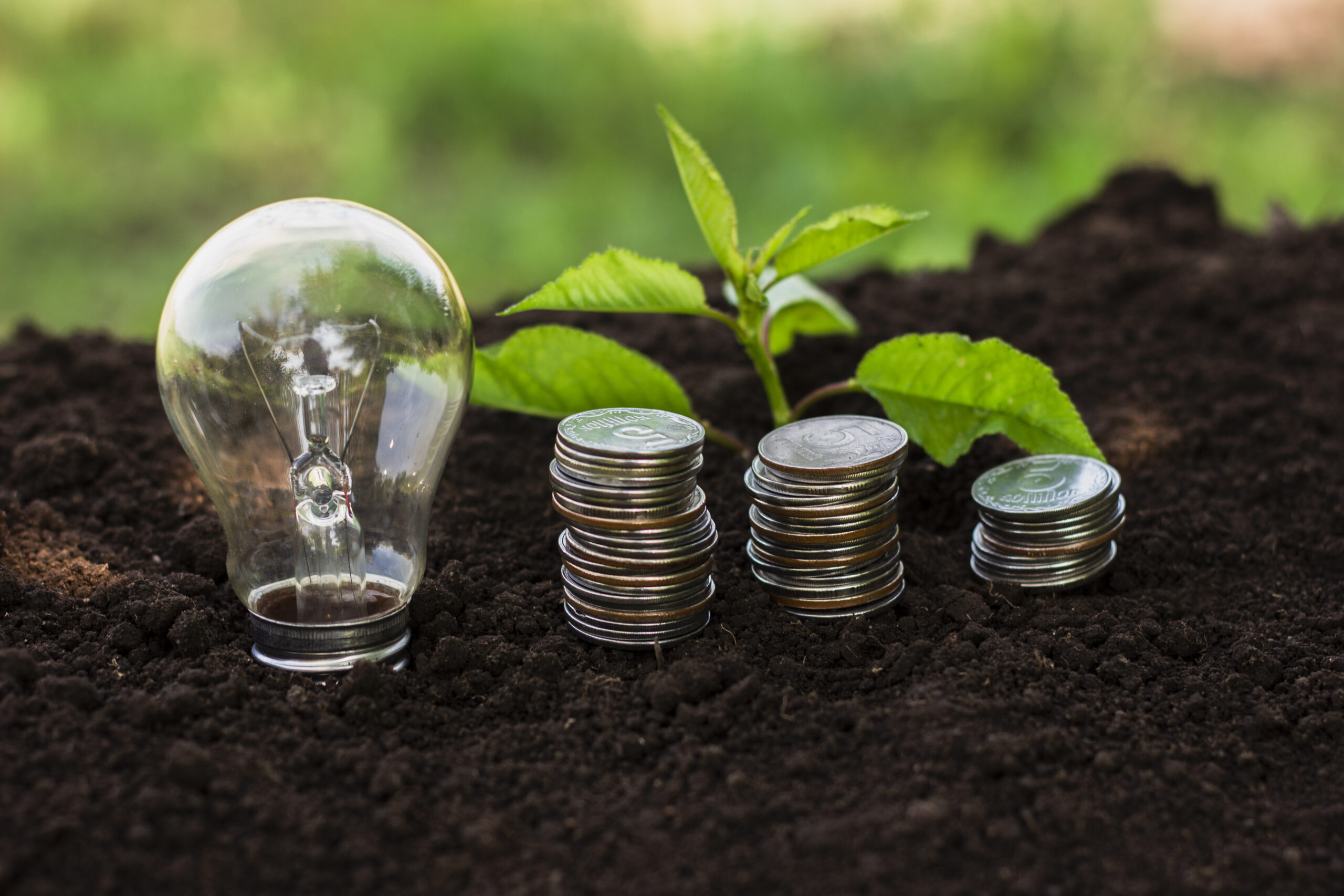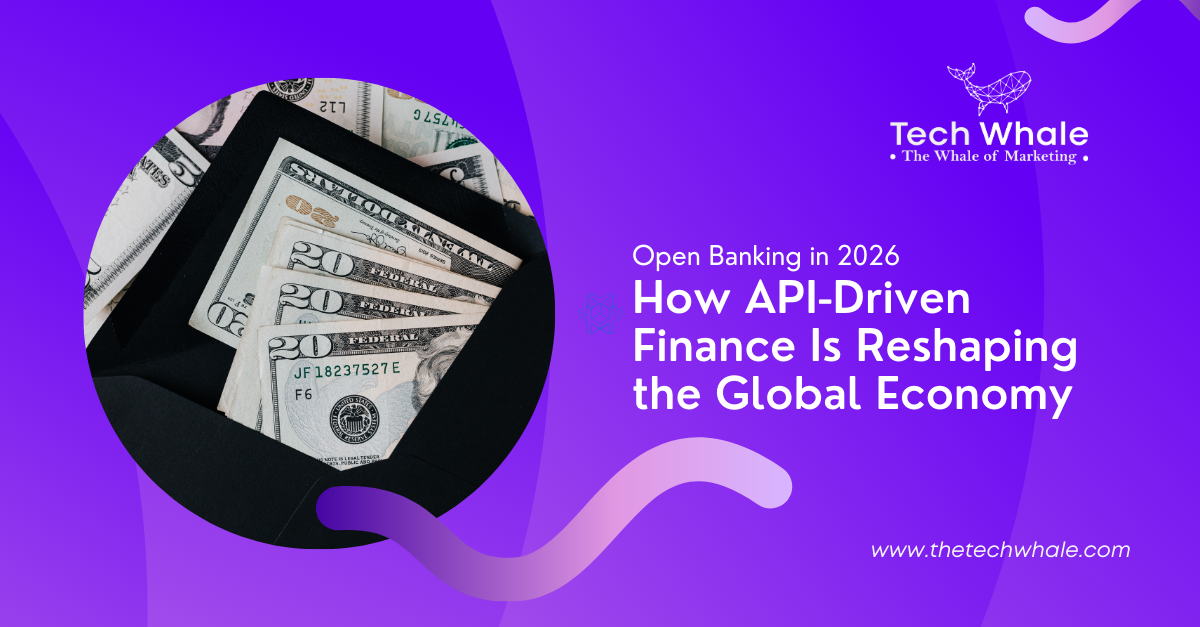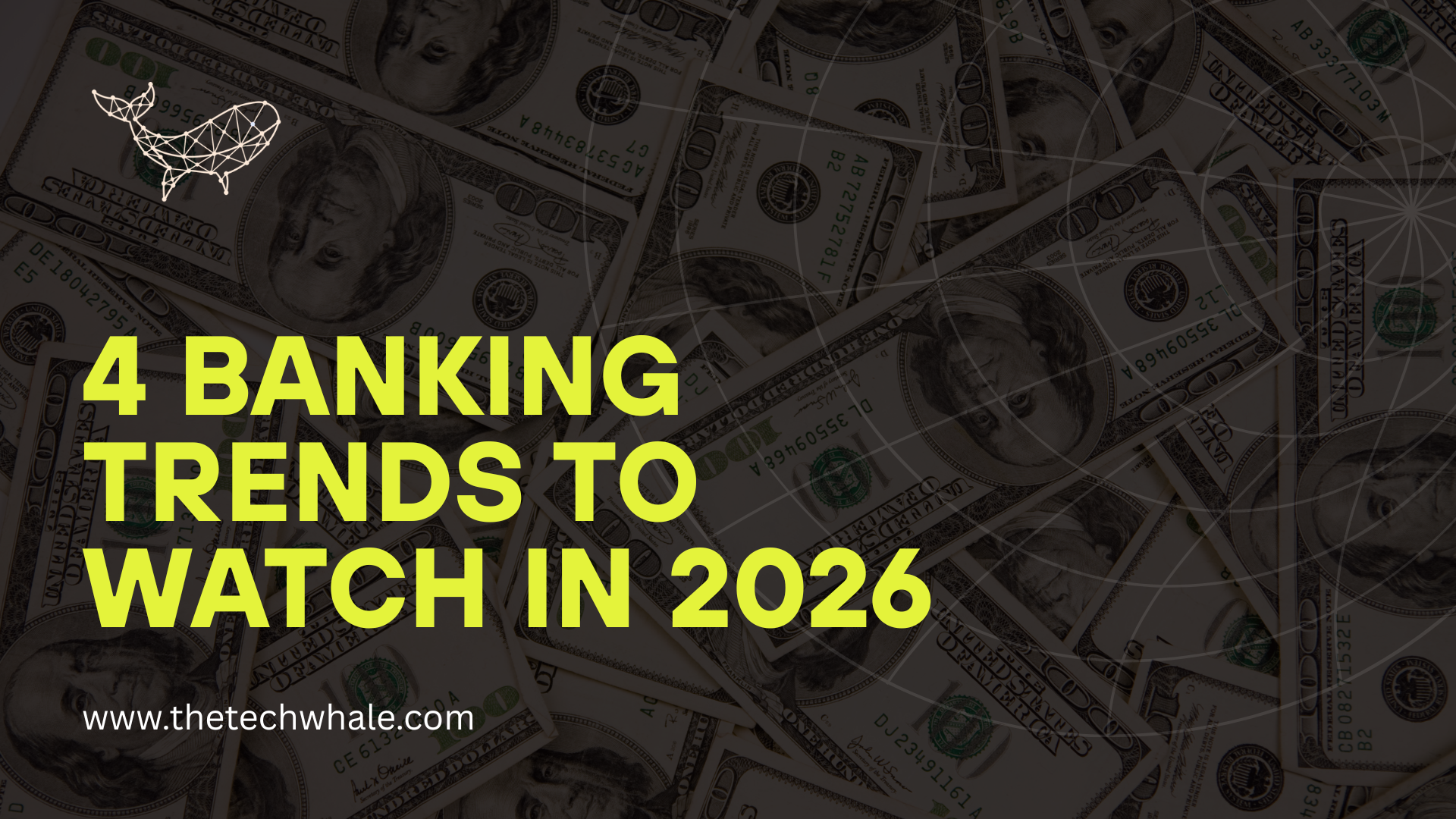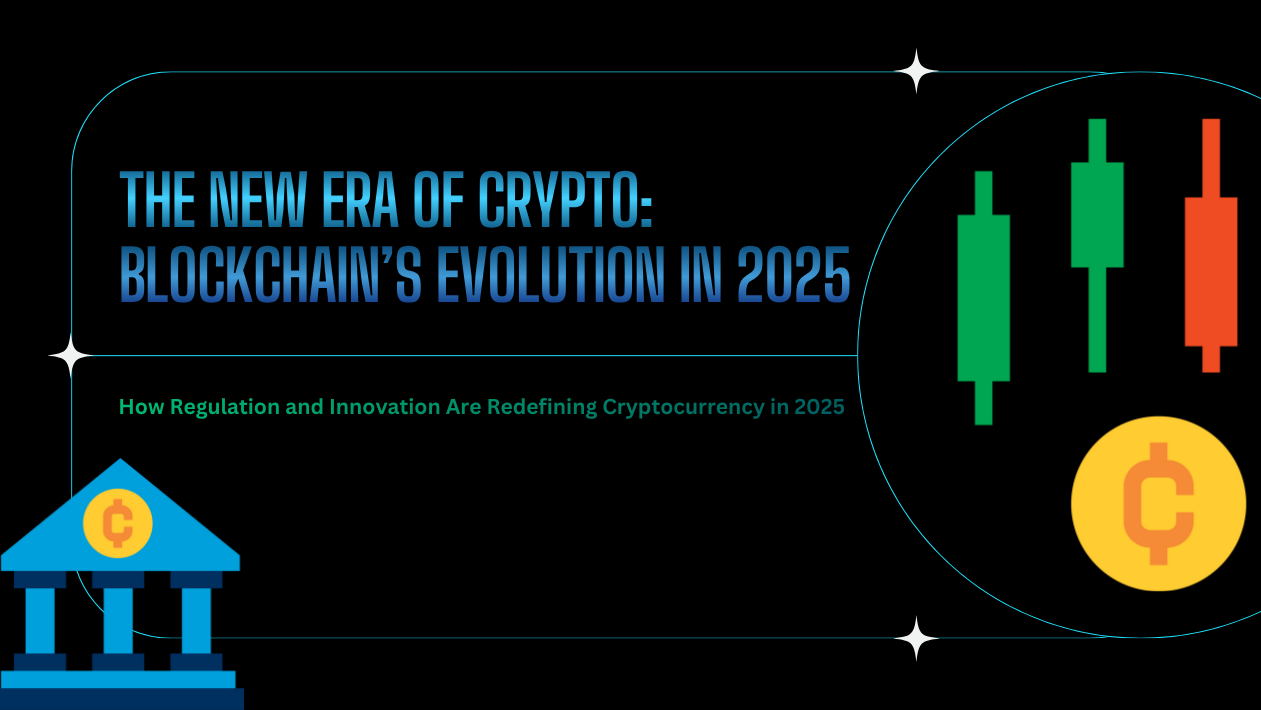Green lending focuses on providing credit for environmentally sustainable projects, such as renewable energy installations, energy-efficient home improvements, and sustainable agriculture. This approach aligns financial incentives with environmental goals.
Financial institutions are increasingly incorporating Environmental, Social, and Governance (ESG) criteria into their lending decisions, offering favorable terms for projects that meet sustainability standards.
At The Tech Whale, we assist B2B clients in developing green lending programs, integrating ESG assessments into credit evaluation processes, and ensuring compliance with relevant regulations.
Green bonds and sustainability-linked loans are financial instruments designed to fund environmentally friendly initiatives. These products attract investors seeking to support sustainable development while achieving financial returns.
The use of blockchain technology can enhance transparency in green lending by providing immutable records of fund allocation and project outcomes. This builds trust among stakeholders and ensures accountability.
Moreover, AI and data analytics can assess the environmental impact of projects, aiding in the selection and monitoring of green investments. This data-driven approach ensures that funds are directed toward genuinely sustainable initiatives.
Public-private partnerships play a crucial role in scaling green lending, combining government support with private sector innovation to finance large-scale sustainability projects.
Challenges in green lending include the standardization of ESG metrics, verification of environmental benefits, and balancing financial returns with sustainability goals. Ongoing collaboration among stakeholders is essential to address these issues.
As awareness of climate change and environmental issues grows, green lending is poised to become a mainstream component of financial services, contributing to a more sustainable global economy.





